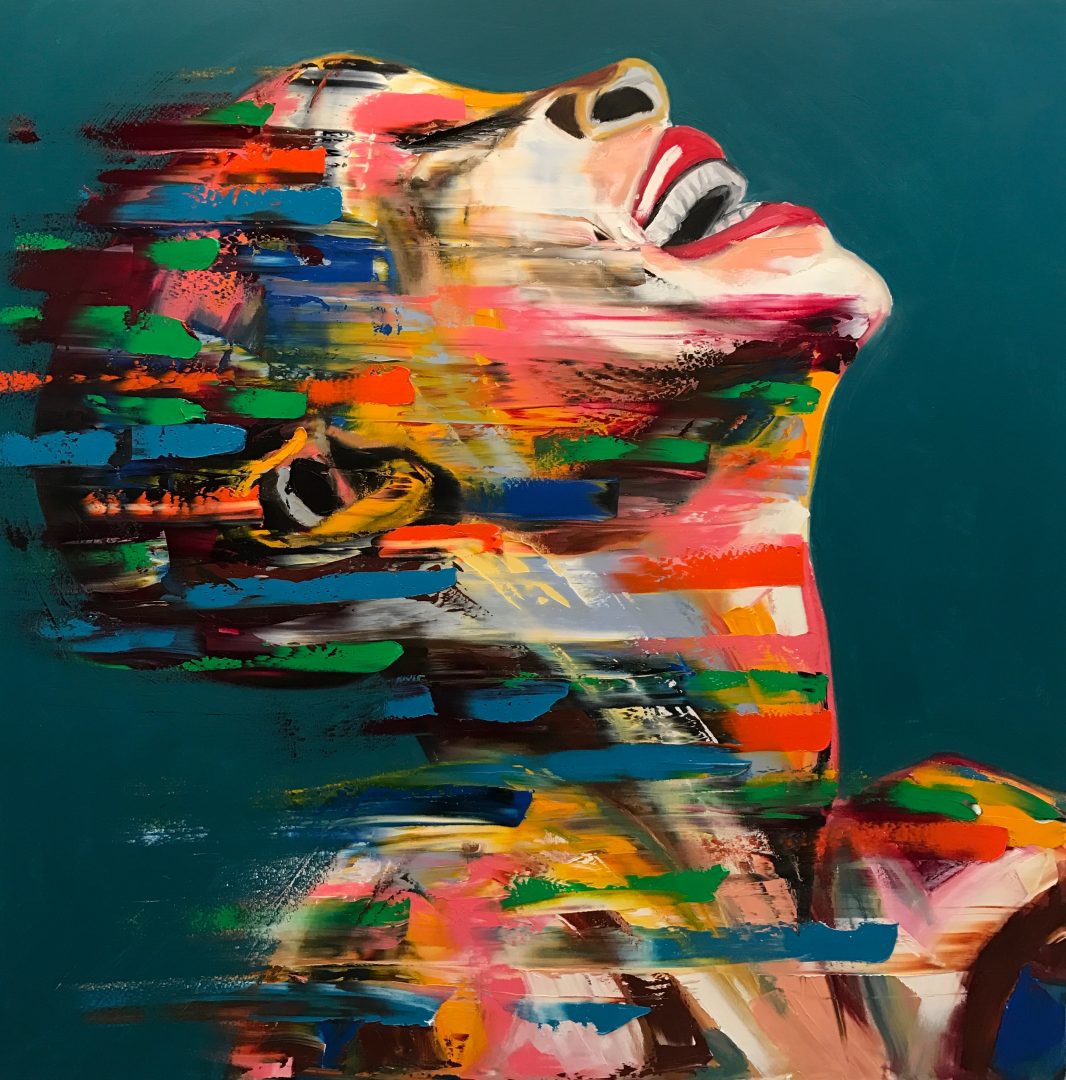Art For A Better Mood
Though "art therapy" is not an instrument that is capable of spontaneously curing, healing, correcting, restoring, or resolving an individual’s health needs, it is similar to a majority of psychotherapy modalities, it is an instrument that can help guide and promote psychological health and wellbeing.Why not give it a try to feel happier and more confident?!

Depression can be a deeply painful, disorienting, and isolating experience. It robs you of your capacity for joy and removes you from that which used to sustain you. It also often silences you as you lose the ability to give voice to your suffering and communicate your pain in healthy ways. In so many ways, depression is about destruction—the destruction of your sense of self, your functionality, and the breadth of your emotions.
For people with depression, art therapy represents an opportunity to push against that destruction by immersing yourself in the process of creation. Research has shown that art-making can have a profound impact on a person’s physical and psychological well-being.
Although therapists and their clients have known the healing power of art therapy for years, it has only been relatively recently that empirical research supporting its use has emerged. There are clear indications that artistic engagement has significantly positive effects on health.
Other studies back up these assertions, examining the impact of art therapy on depression, anxiety, trauma, distress, inability to cope, and low self-esteem, researchers write, Patients receiving art therapy had significant improvements in 14 out of 15 randomized control trials; In fact, the majority of studies indicate that art therapy was a more effective treatment for at least one outcome than the control groups.
Art therapy for depression may provide many including:
Improve Mood
Numerous studies have shown that people find that their mood lifts when they are being creative. This can help the individual transform their negative feelings into ones that are more positive.
Stress Relief
Being stressed can have negative effects on both the mind and the body. The creation of art can counterbalance those effects and lead to relaxation.
Reduce Anxiety
For many people who struggle with depression, anxiety is also present. In fact, the Anxiety and Depression Association of America (ADAA) estimates that close to 50 percent of people who have a diagnosis of depression have an anxiety disorder diagnosis.
Art therapy may reduce a person’s anxious feelings and allow them to focus on positive things for a time, according to a clinical trial conducted by researchers at Leiden University in the Netherlands.
Boost Happiness
According to some studies, one of many reasons that people who struggle with depression may be that they lack adequate amounts of a brain chemical called dopamine. Known for feelings of enjoyment, dopamine can provide the motivation needed to start an activity and/or continue it. Creating art has been linked to increases in dopamine which, in turn, may increase feelings of happiness.
Self Discovery
It can be difficult for someone who is struggling with depression to pinpoint their feelings. Working closely with an art therapist can provide valuable information that can be used to address the individual’s feelings that may lead to a breakthrough in their depression.
Share View Our Class Calendar! | More about art and mental health

